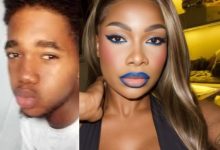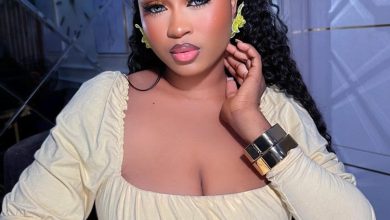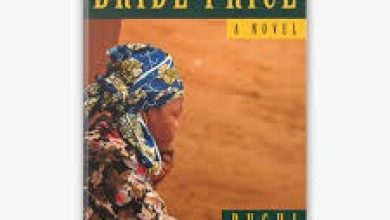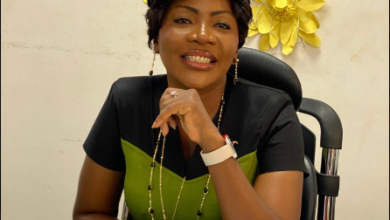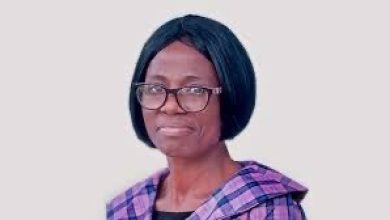Narrative, a woman’s life ends at 28 is FALSE
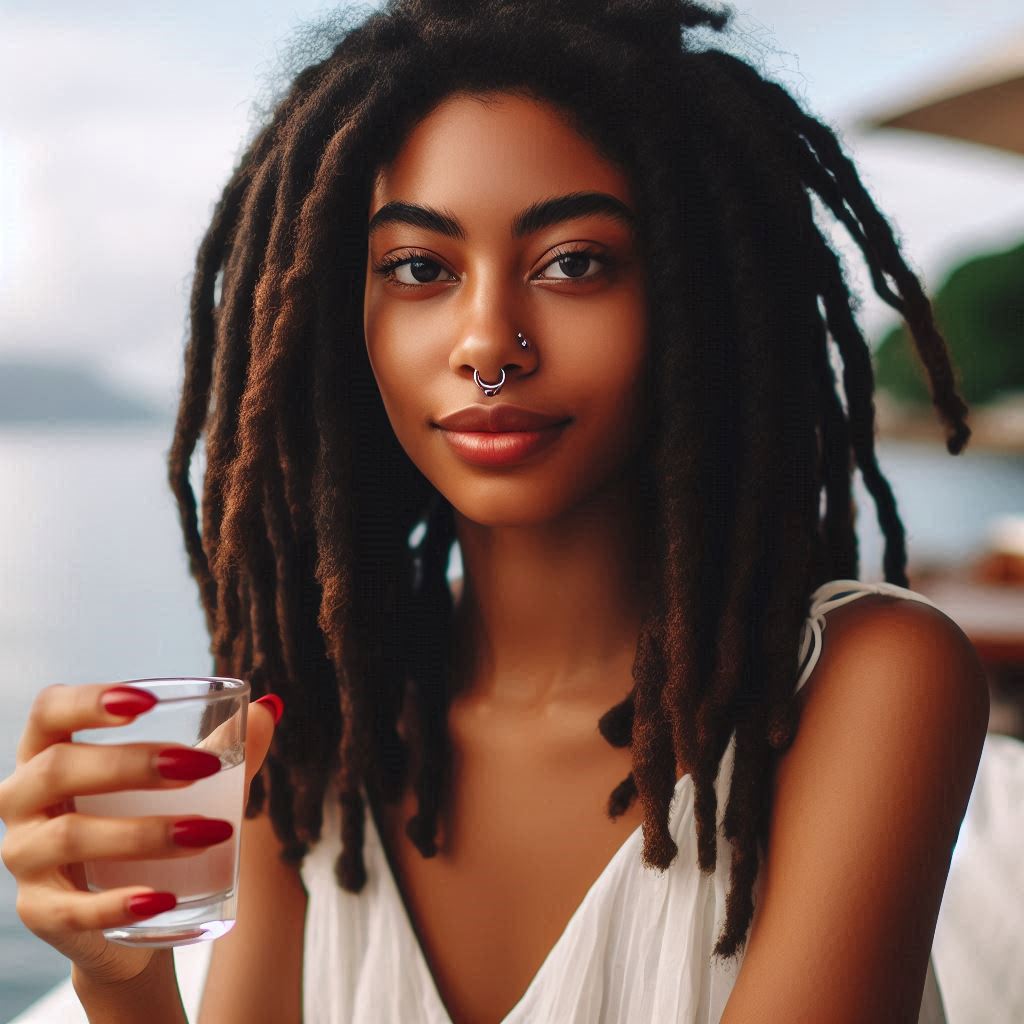
|
Getting your Trinity Audio player ready...
|
Claim
On Nov. 21, 2024, X user Cleopatra posted, “A woman’s life finishes at 28. A man’s life starts at 28. Few will understand.” The post currently has 23 million views, over 14k likes, 3.7k quotes and reposts, 774 comments, and 2.4k bookmarks. Fact-checking this claim is important to combat dangerous stereotypes and highlight that a woman’s life does not “finish” unless she is dead.
NFM Checks
As a result of the heavily patriarchal society that we live in, women have always been perceived as dependent and unable to function without a man. It has even been said that women who do not give birth in their twenties stand a huge risk of not being able to have children again. However, we spoke to various experts and conducted research that disproved the claim.
What Research Says
Life, for women, begins at 30, according to CanyonRanch. According to an analysis by Brittany Renee Mayes and Ted Mellnik, the average 30-year-old woman has changed significantly over the decades, the census data since 1960 reveals. This analysis by Brittany and Ted also proved that more 30-year-old women have a college education than they ever did before. It also revealed that, as of 2019, there were fewer stay-at-home mums than before, a sign of improvement in the society where women were traditionally restricted to being stay-at-home mothers only.
A study by Brittany Stahnke, Amy Blackstone, and Heather Howard interviewed and analysed 14 childfree women over the age of 65. At the end of this research study, it was discovered that nearly all of their participants reported high life satisfaction, and many reported a strong sense of resiliency. However, they also reported an awareness of the stigma associated with their status as nonmothers.
Compared to previous generations, 30-year-old women today are less likely to be married, have fewer children, and become mothers later in life. She is also more likely to be educated, to work, and to earn less than her male counterparts, though they are closer than they used to be.
Also in Gersick Kram’s exploratory study titled “High-achieving women at midlife, he was able to determine that although women often have to make trade-offs between their families and careers in their thirties, several women still find a way to make it work and in their fifties, they are high-achievers in their respective fields.
Women over 30 perspective
NFM consulted with Ololade Ajayi, Founder of DOHS Cares Foundation– an organisation that cares for women, children and vulnerable people facing abuse. She stated that she considers her life to have begun when she clocked 35.
“Let’s just say my life began at 35 as that was when I found purpose and began to thrive. From 35 till now, I’ve been able to start an NGO and rescue hundreds of women and children from different abuse situations.” She said, “I have also donated to several orphanages, published two collections of poetry, and many more.”
In an interview with the current Head of Station at Daar Communications, Ibadan, Ms. Folake Tokunbo-Ishola also asserted that the claim that a woman’s life ends by 28 is absolutely ridiculous as a lot of women start achieving a lot in their thirties.
“I believe that a woman’s life is just about to start. I didn’t even get married until I was well over 30, so no one can say that life ends at 28 for a woman. My career and businesses were built in my thirties; that would not happen if my life was truly meant to end at 28,” she said.
Also, Eka Andino tweeted,
“Got married at 30, began my food photography career at 32, and had my first child at 35. If you are in your twenties, and it feels like nothing is going as planned, take out the pressure of timelines and just live.”
What Women’s Rights Activists Say
According to Oluwafunmbi Elizabeth, a feminist and psychology student,
“Claiming that a woman’s life ends at 28, the age when many achieve financial stability, reflects a culture that seeks to limit women’s potential.”
Holding the same sentient, Simbiat Bakare, women’s rights advocate and journalist, said that “the narrative that women’s lives end at 28 is a predatory narrative to make women hurry into childbearing and marriage at the expense of their self-actualisation.”
She added: “No, women’s lives do not end at 28, not metaphorically or literally. On the contrary, the more women age, the more they grow into their being and their essence, including financial growth, emotional growth, beauty, and much more.”
Chimamanda Adichie, while speaking on “Aging for Women,” also mentioned that it gets easier and better for women as they grow older.
“Your skin starts to feel like your own. You look into the bag of fucks you give, and you realise that it’s empty.”
Reactions of women to the claim on X
A lot of women have heavily challenged the claim on X, even stating that the assertion had to be a rage bait or had to have been made by a misogynistic man hiding behind a female account.
“If you truly believe this, you live in the social media world mindset, not in the real world.” X user Jey tweeted. “True women & men don’t think like this. Sad to see how down bad the human minds are to be allowing others to think & believe things for them.”
@kikilet also said, “Women are literally hotter with more money starting from this age what do you mean.”
“Lmfao, I’m 28, and I feel like things are only starting to kick off,” user @basedsagwa also quote-tweeted.
Conclusion
The number of women who give birth in their thirties has now surpassed the number of women who have become mothers in their twenties. It has also been proven that women’s income or salary peaks when they are 40, not 28 and below. More often than not, women also start looking their best when they hit thirty.
Using proven hypotheses, researchers have also been able to determine that each of the following themes, identity, generativity, confidence and power, will increase from the 30s to the 40s and from the 40s to the 50s; that is, women felt more confident, more certain of their identity and generativity in their 30s and 40s.
Naija Feminists Media is committed to fighting gendered disinformation and misinformation that concerns women. Read more of our fact checks here.

